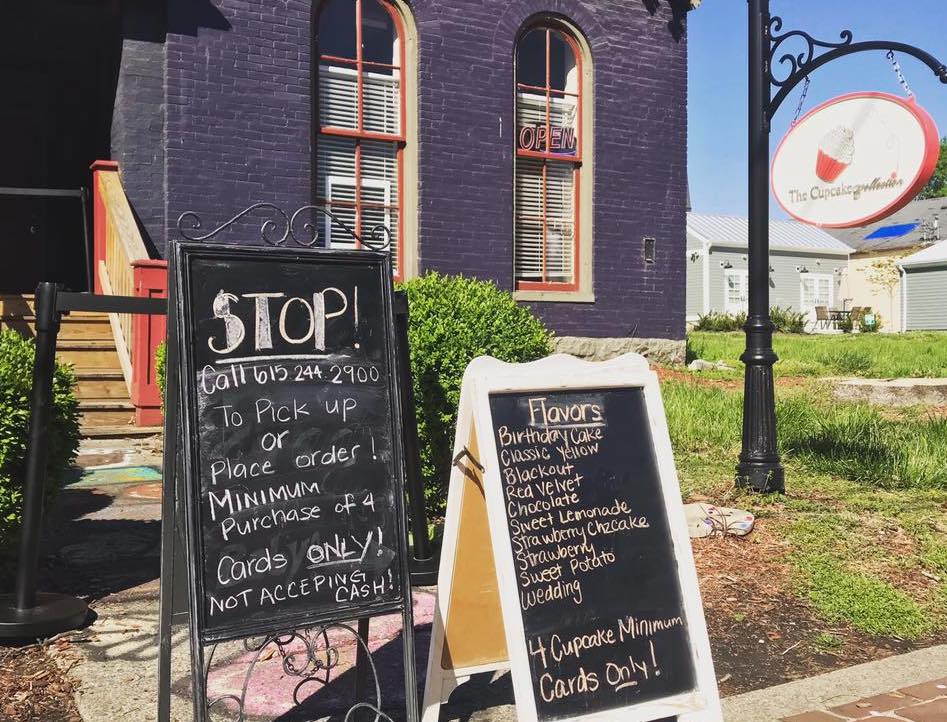
The Cupcake Collection in Germantown is one of the many black-owned businesses vying for a slice of the federal COVID-19 relief fund, one of the biggest economic packages in the country’s history.
But despite the stimulus boost being meant for everyone, history has shown black business owners like Mignon Francois, who founded the cupcake shop, that getting a fair share of resources isn’t guaranteed.
When Francois first opened her shop a decade ago, she was struggling to make ends meet as a stay-at-home mom. Her shop has since grown into a national business, generating more than $10 million in sales.

Mignon Francois
“I started this business on the last $5 that I had,” said Francois. “With no experience in the business, no knowledge of the industry, no credit and no money.”
Francois’ beginnings demonstrate the experience of black business owners across the country. One issue is the lack of mentors, which makes it harder to get established and slows the growth of their businesses.
“[Many] black and Latino owned businesses are micro — meaning they have one to three, or one to four employees,” said Ashford Hughes, a workforce diversity and equity consultant. “Having them fill out mounds of … paperwork can be cumbersome for them to be able to follow through and … get a loan.”
For this latest aid package, small business owners say they’ve wasted hours searching for their federal application updates — only to find out that the federal relief funds were depleted late last week.
The dilemma was all too familiar to black business owners who have a history of being excluded from financial assistance programs.
Previous numbers reveal that only 5% of loans in the Small Business Administration’s 7(a) loan program, the agency’s primary lending initiative, went to black owners in 2019. The most recent weekly SBA lending report show that the percentage remains unchanged so far in 2020.
In the past, U.S. Federal Reserve data has shown that more than half of black businesses are denied loans. A key issue is the lack of banking connections.
“I think that we historically don’t have access because we don’t historically have relationships,” said Francois. “If we don’t get our share of this money, it will be business as usual.”
Lawmakers are intentionally allocating some funds to a broad category known as minority business owners, but it’s only a small portion of the $2 trillion stimulus.
The U.S. Congress is expected to replenish the small business funds this week. Federal lawmakers also say that there will likely be more stimulus packages to come.
“I’m also concerned about African-American and other minority businesses getting their fair share. That’s why in the last two weeks, I’ve had two conference calls with more than 100 minority business leaders. The Urban League, SBA District Director LaTanya Channel, and other minority business leaders and I have been helping to guide local businesses to the new funding available to them,” said Nashville Congressman Jim Cooper.
In the meantime, Nashville financial planners are still worried that longstanding barriers preventing blacks from securing bank loans will likely block access to the relief funds.
“You have many people in our community who’ve never owned a business. We’re not taught that … you need a relationship with a bank,” said Charles Winfrey, president of The Rollover Company, a financial advisory firm. “Right now the people who need the money, because they don’t have a relationship with a banker, they’re probably not going to get it.”
Correction: A previous version of this story misspelled Mignon Francois’ name.

